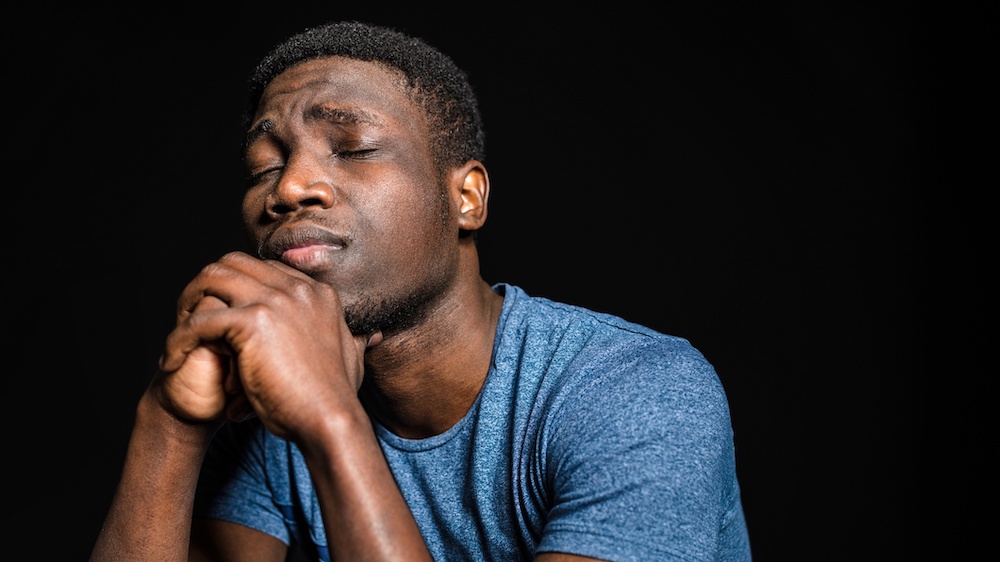If you’re interested in sharing your opinion on any cultural, political or personal topic, create an account here and check out our how-to post to learn more.
____
Black trauma doesn’t stand in isolation of white privilege. Often, the latter is the cause of the former.
This has been made abundantly clear as millions of Black people and allies alike took to the streets to grieve and actively mourn the violent death of yet another unarmed Black man. Moments like these, the ones that inflict ongoing and sustained emotional harm onto an entire population, are allowed to occur because of an ingrained habit of disregarding the sanctity of life attached to Black bodies — whether they’re birdwatching or patronizing a deli.
George Floyd’s murder, a modern-day state-sanctioned lynching, is catalyzing a movement that has been passed down through generations. Along with that movement, though, we’ve inherited the trauma of regular occurrences of a stolen life and the reminder that our grief is often tethered to the whims of white people.
From Amy Cooper to Derek Chauvin, the need to assert dominance and declare any space a white space is the violence that is all too familiar to Black people, generation after generation. During this pandemic, we’re reminded that Black people have been up against an equally life-threatening opponent — racism and its ability to go unchecked.
Our collective trauma took to the streets this past weekend in the only way it knows how. I describe the Six Characteristics of Urban Trauma in my book of the same title. In it, anger stands as the foremost characteristic, ready to rectify and reverse ages of trauma at any moment. When you see hundreds of people blocking the roads of your city center, you can attribute that to the anger of Urban Trauma.
As the leading expert on Urban Trauma, I can confirm that the anger we see consuming the streets during this time stems from a deep-rooted overt or covert resentment that is always present and is triggered when isolated situations bring about an acute awareness and memory of the recent past and/or historic oppression. This anger may be expressed as aggression, sarcasm, depression or self-sabotage. And for clarity, Black people have a lot to be angry about.
Our country has centuries of evidence of violence on Black bodies that justify anger. We’ve well established into this American culture that the tears from the eyes of a white woman matter far more than the harm she may inflict.
Amy Cooper, whose mistreatment of her dog garnered as much if not more contempt than her racist rants, was enraged when Christian Cooper challenged her privilege. Amy Cooper’s wrath was escalated when Christian Cooper did not concede to her hostility and insults. Instead, she did what white women have done for centuries, she acted with malice and hatred and she knew that with one call she’d be rescued, and the object of her annoyance would be handled.
A single declaration of dominance from a white person could have resulted in someone’s death in the middle of Central Park, which has seen its share of hostility and accusations against otherwise innocent Black and brown men and boys.
Make no mistake, Amy Cooper made that call to 911 with hatred and intent. Well aware that her actions could result in the death, or at the very least the arrest, of an innocent man, she wielded her privilege to assert dominance and declare a white space.
Amy and Christian shared a last name but had no other obvious relation before their paths crossed in Central Park. There’s nothing notable in that, though. It perfectly symbolizes the fact that the fate of our freedom is often eerily tethered to the very thing that wishes our harm.
Decades after the torture of Jim Crow, we’re still navigating the twin lies of white superiority and Black inferiority that birthed degenerative laws that produced social, economic and political hardship for people of color.
Today, as the American public parses through the details of Christian Cooper’s assault and mourns the deaths of George Floyd, Ahmaud Arbery, Breonna Taylor and Nina Pop, we’ll likely interact with some of the other characteristics of Urban Trauma. Mistrust will seed as protestors encounter police in ways that make it clear that they are not there to serve and protect. Manipulation will reveal itself when those grieving the loss of jobs, dignity and hope find themselves experiencing an intense unmet need. We’ll see fear sprout over the coming days and weeks when those working for justice are faced with violence and live under the constant threat of it. Our perceptions of our own value will begin to degrade if a resolution is prolonged and if the results of each of the incidents evade justice, rejection will take root — bringing the entire traumatic experience to its head.
As a people, we carry the trauma of generations past with us at all times. The burden of that past weighs differently on everyone, but the impact is the same — the way the cognitive and emotional hemispheres of the brain interpret and process experiences is forever changed. As such, our inability to actively dismantle racism and the subsequent systems of privilege results in physical and mental oppression that we inherit and unfortunately pass down.
Undoubtedly, countless future generations will be forever affected by these moments, fueled by such public trauma and egregious injustice. Our histories have been entangled and unfortunately, our liberation is as well.
____
Dr. Maysa Akbar is a New Haven-based psychologist and the leading expert on race-based trauma.
